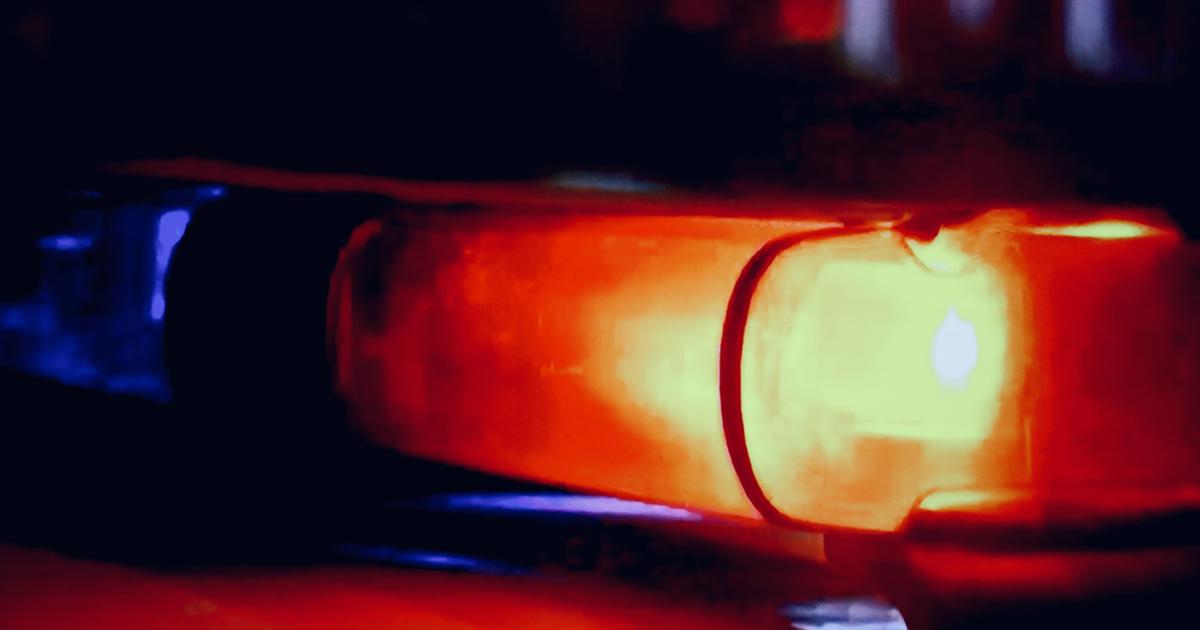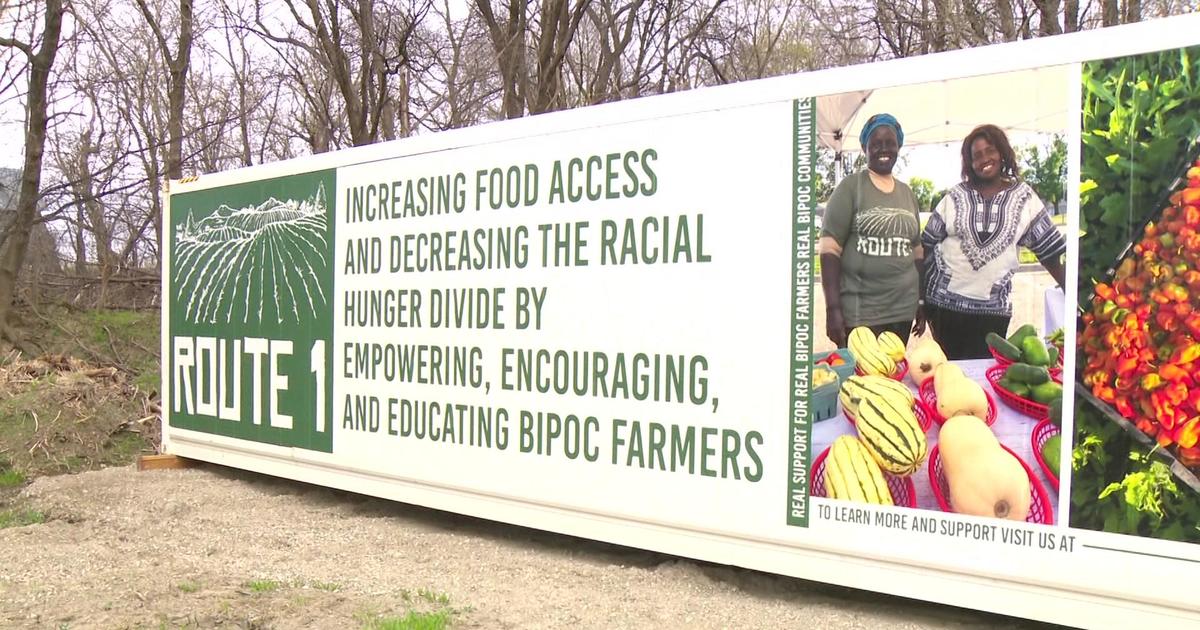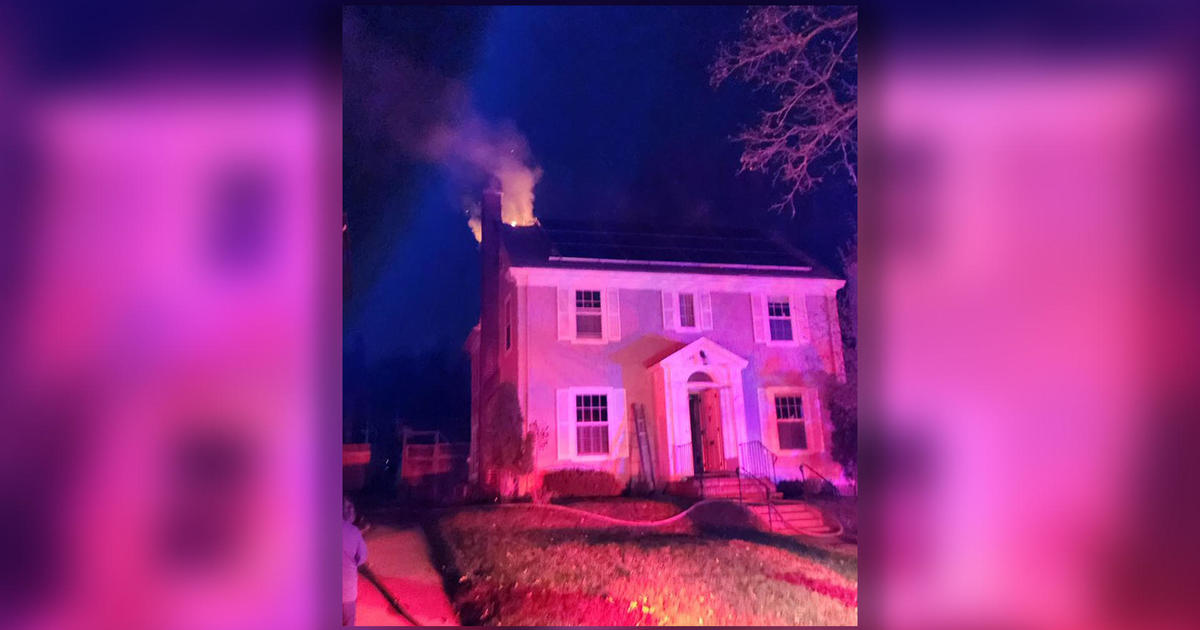She Called 911 From Mpls., But The Operator Picked Up In NYC
MINNEAPOLIS (WCCO) -- A woman called 911 in the middle of the night in Minneapolis and an operator picked up five states away.
It happened to Faye Lewis last month when she made the emergency call from her cell phone.
"I have no idea how that even happens," she said.
After a busy night at her bar job, Lewis made it back to her apartment in Minneapolis.
"A few minutes after I got in, there was pounding on my door and someone trying to jiggle my door handle," she said.
It was 4:30 a.m. and Lewis knew whatever was happening shouldn't have been.
She dialed 911 from her cell phone and an operator picked up.
"She asked me again what borough do I live in, and I'm like Loring Park," Lewis said.
Instead of being connected to Minneapolis 911, which is located less than two miles from her apartment, her call traveled 1,200 miles away.
"I was like I live in Minneapolis," Lewis said, "and she's like 'Oh, you dialed 911 in New York.'"
Two minutes later, Lewis tried again and the same thing happened.
By this time, the man had moved to more apartments down the hall, knocking and trying to open more doors.
A New York operator ended up contacting Minneapolis with Lewis' emergency. Police showed up 30 minutes later.
Her cell provider, T-Mobile, and the city of Minneapolis didn't have answers for Lewis as to what happened.
"This is a public safety crisis, really," said Jamie Barnett, the director of Find Me 911 in Washington D.C.
Find Me is a coalition pushing the government to upgrade the country's 911 system to make sure emergency callers can be found.
The technology is there to make 911 more efficient, Barnett says, it's just not being used.
Right now, 70 percent of 911 calls come from cell phones.
If you make a call from outside, your cell's GPS chip connects with satellites or cell towers so an operator can see your location. Make that call from inside, like the majority of callers do, and the signal doesn't have a clear path, so it's not unheard of for a cell phone to skip over cell towers to one in a completely different state.
Barnett says that's why operators now ask where you are first. But he says too many callers don't know or can't speak during an emergency.
Making changes could save 10,000 lives a year.
Lewis feels lucky that man never made it into her apartment or anyone else's last month. But she is questioning the connection she thought she had to help.
The Federal Communications Commission is supposed to implement new rules for indoor cell phone standards by fall.
But it will likely be two years until the technology is installed in phones and towers.



